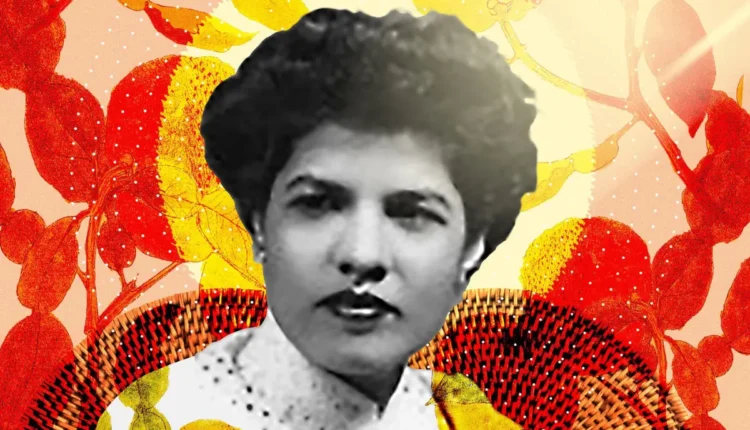In the annals of Trinidad and Tobago’s history, few figures stand as tall as Dr. Stella Piari Abidh, a pioneering Indo-Trinidadian woman who broke barriers in medicine and public health.
Her story is one of resilience, determination, and an unwavering commitment to improving the lives of her fellow citizens. As the first Indo-Trinidadian woman to become a doctor, Abidh’s legacy is not just about her medical achievements but also about her role as a trailblazer for women in her community.
Early Life and Education of Stella Piari Abidh
Born in 1903, Stella Piari Abidh was the daughter of Clarence Carmichael Abidh, a headmaster and member of the Legislative Council. Her early life was marked by the tragic loss of her mother, which undoubtedly shaped her resolve and independence.
Abidh’s educational journey began at Naparima Girls’ High School in San Fernando, where she became the first student to complete the Junior Cambridge Certificate. She later attended Saint Joseph’s Convent in Port of Spain, demonstrating academic excellence and a thirst for knowledge.
Abidh’s path to medicine was not straightforward. After rejecting an arranged marriage, she became a schoolteacher. Inspired by Rosalie Sanowar, the first Indo-Trinidadian woman to become a nurse, Abidh initially aspired to nursing.
However, her father, recognizing her potential, encouraged her to pursue a career in medicine. Despite societal prejudices and discouragement from church authorities, Abidh’s father supported her journey to Canada, where she earned her medical degree from the University of Toronto in 1930.
A Trailblazing Medical Career
Stella Piari Abidh’s career was marked by numerous firsts and significant contributions to public health in Trinidad and Tobago. She served as the Medical Officer of Health for San Fernando and as the medical supervisor of schools in south Trinidad.
Abidh specialized in public health, driven by a desire to address preventable diseases. Her work in eradicating hookworm infection and her leadership during yellow fever outbreaks in 1954 and 1979 were particularly noteworthy.
Abidh’s impact on public health was profound. Her dedication to preventive medicine and community health initiatives set new standards in medical practice. Her efforts to improve sanitary conditions and educate the public about disease prevention contributed significantly to the overall health and well-being of the population.
Legacy and Impact
Stella Piari Abidh’s legacy extends beyond her medical achievements. She was a pioneering figure in a time when Indo-Trinidadian women faced significant societal constraints. British academics Colin and Gillian Clarke described her as one of the most prominent Indian women professionals of her generation.
Corinne Averille McKnight, former ambassador of Trinidad and Tobago to the United States, recognized Abidh as a “medical doctor, great humanitarian, and social worker,” highlighting her multifaceted contributions to society.
Abidh’s relationship with labour leader Adrian Cola Rienzi produced several children, who were raised in Canada. Despite the challenges she faced as an unmarried mother, Abidh’s commitment to her family and her career remained unwavering. Her personal and professional life serves as an inspiration to many, demonstrating that perseverance and dedication can overcome even the most formidable obstacles.
Honours and Awards
In recognition of her outstanding contributions, Stella Piari Abidh was awarded the Chaconia Medal (Gold) in 1988 and the Public Service Medal of Merit (Gold) in 1971. Her achievements were also commemorated with a postage stamp issued by Trinidad and Tobago in 1980, ensuring that her legacy would be remembered by future generations.
Also Read:Anna Mahase: A Life Dedicated to Advancing Education and Public Service

